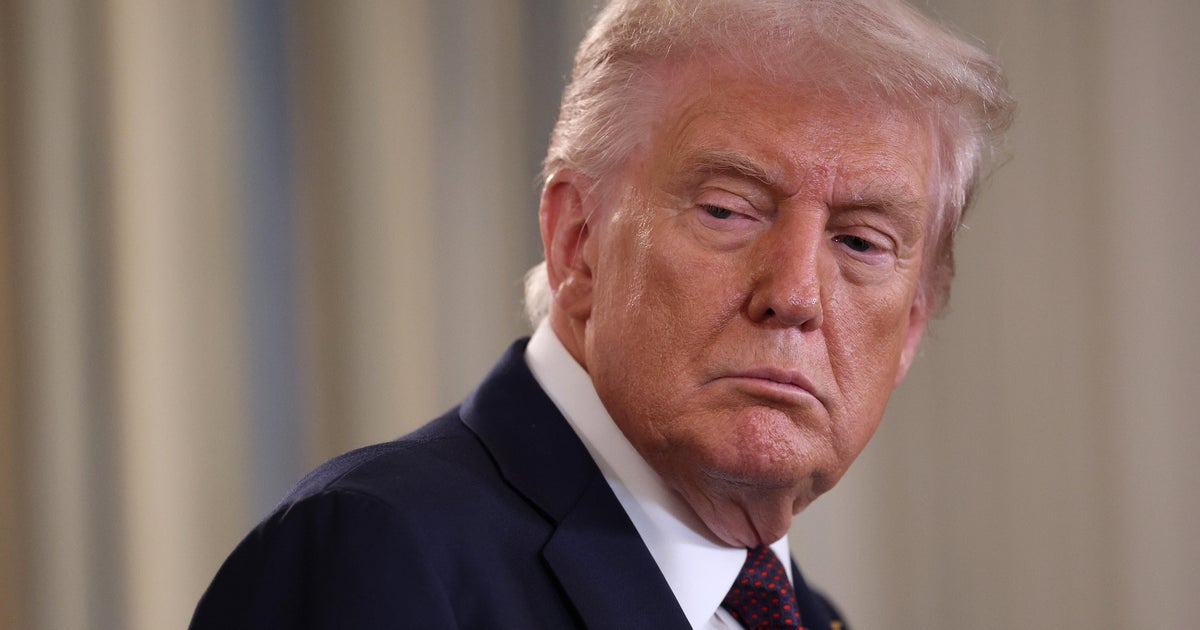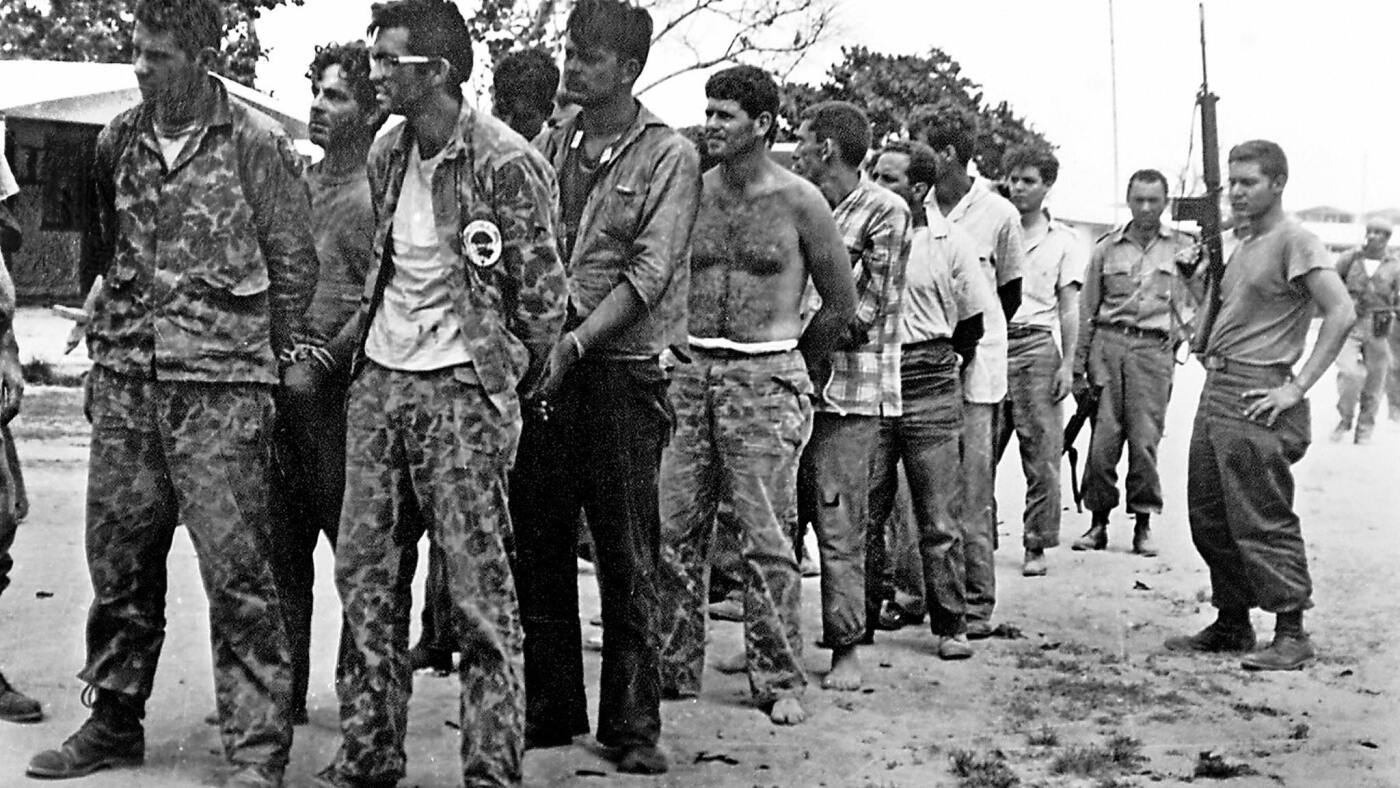The **Board of Peace** is an international oversight body established as part of former U.S. President Donald Trump's Gaza peace plan introduced in 2025. Its primary role is to set the framework and monitor funding for the redevelopment and stabilization of Gaza following ongoing conflict. The Board operates under an international mandate to oversee transitional governance, security stabilization, and funding distribution in Gaza, aiming to facilitate a peaceful transition from war to stable civil administration[1].
Historically, the Board of Peace emerged within the broader context of multilateral efforts to resolve the Israeli-Palestinian conflict, which has seen numerous peace initiatives since the 1970s. Trump's Gaza peace plan represents a contemporary attempt to address both humanitarian and security challenges in Gaza by deploying an International Stabilization Force (ISF) and transitioning Gaza's governance to a temporary technocratic, apolitical Palestinian committee under the Board’s supervision[1][2].
One of the Board’s notable features is its international composition and leadership, with Trump serving as chair and former British Prime Minister Tony Blair holding a central, though undefined, role. This structure underscores the plan’s emphasis on neutral and technocratic governance, attempting to separate political factions like Hamas from administrative control in Gaza. The Board also coordinates demilitarization efforts via an independent monitoring group tasked with dismantling military infrastructure and implementing weapons buy-back programs—measures that face resistance from Hamas[1].
While the Board of Peace has been pivotal in stabilizing Gaza’s immediate post-conflict phase, sources indicate that the overall peace settlement remains incomplete and contingent on credible governance structures and broader political agreements[3]. The organization’s current status involves overseeing redevelopment funding and working alongside Palestinian authorities undergoing reform to enable governance of the Gaza Strip[1].
In essence, the Board of Peace represents a novel international governance model blending diplomacy, security, and reconstruction efforts aimed at fostering lasting peace and stability in a historically volatile region, garnering significant attention in business and technology circles for its ambitious, tech-enabled governanc






